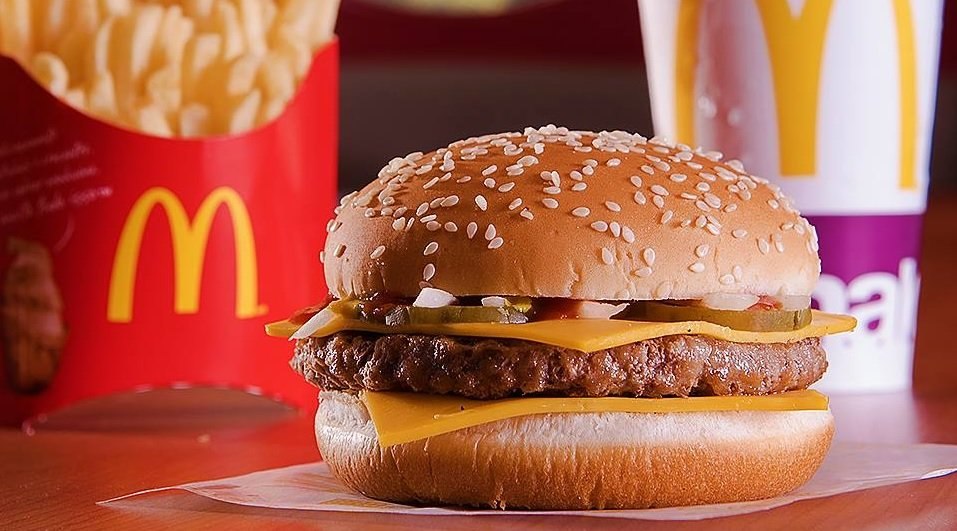McDonald’s has stepped squarely into a long-running debate over how restaurant workers should be paid, and new YouGov polling shows consumers are paying close attention. CEO Chris Kempczinski has criticized the tipped-wage system, which allows servers to earn as little as $2.13 an hour if tips cover the difference. In a high-profile move, McDonald’s withdrew from the National Restaurant Association, with Kempczinski arguing that the system creates an “uneven playing field” because sit-down chains can shift labor costs onto patrons and benefit from tax advantages that fast-food chains like McDonald’s do not receive.
YouGov’s latest national survey highlights how strongly this issue resonates with the public. Eight in ten Americans, including large majorities across party lines, agree with McDonald’s that restaurants should be required to pay at least the federal minimum wage. Sixty percent say they strongly agree, while another 20% somewhat agree. Support spans partisan divides, with 87% of Democrats and 77% of Republicans in favor.
A strong majority also believe tipped workers should be guaranteed the federal minimum wage of $7.25 an hour, rather than the $2.13 base wage permitted under U.S. law so long as tips make up the difference. Just 9% say tipped workers should not be entitled to the full minimum wage.
Younger Americans are especially likely to want tipping practices reconsidered. They are more willing than older adults to accept slightly higher menu prices if it means eliminating the expectation to tip. Thirty-one percent of adults ages 18 to 29 and 33% of those ages 30 to 44 say they would rather pay more for each item on the menu and not be expected to tip. That share drops to 19% among adults 65 and older.
Support for eliminating taxes on tips has slipped slightly, falling three to four points since June. This suggests a subtle shift in public attitudes. Overall, 65% of Americans favor ending taxes on tips, while 18% are opposed.
The findings suggest that consumers broadly share McDonald’s view on the importance of fair wages, even as opinions on the details of tipping continue to evolve. Younger demographics appear most open to rethinking how restaurants structure pay and pricing. And while the idea of tax-free tips remains popular, the decline in support points to a growing public focus on fairness and consistency.
As McDonald’s sharpens its advocacy and rolls out new value-meal promotions, it is shaping both the national conversation and the competitive dynamics of the restaurant industry. Whether change comes from fast-food giants or from policymakers, one thing is clear: Americans hold strong views on what constitutes fair pay and equitable business practices.
